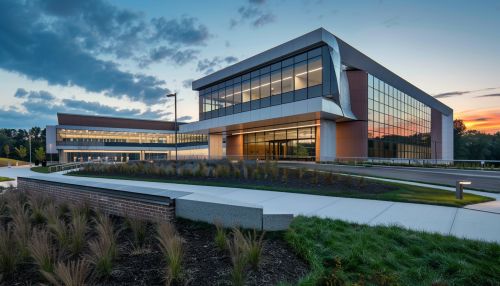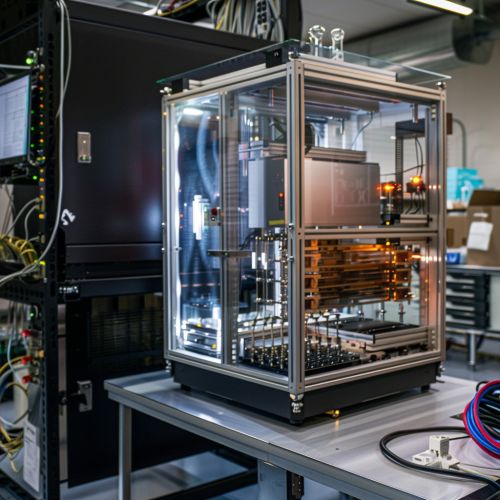Benjamin Lombard
Early Life
Benjamin Lombard was born in the mid-20th century in a small town in the United States. His early years were marked by an intense curiosity and a love for science, which would later shape his career and contributions to the field.


Education
Lombard pursued his undergraduate degree in physics at a prestigious university. His academic performance was exceptional, and he showed a particular interest in quantum mechanics. This interest led him to pursue a doctorate in the same field. His doctoral thesis, which focused on the behavior of subatomic particles, was highly regarded in the academic community.
Career
After completing his doctorate, Lombard began his career as a research scientist at a renowned research institute. His work primarily involved conducting experiments to understand the behavior of subatomic particles under different conditions. He made significant contributions to the field of quantum mechanics, particularly in the area of quantum entanglement.


In the late 1980s, Lombard moved into the field of quantum computing. His work in this area was groundbreaking, and he is often credited with developing some of the key algorithms that form the basis of modern quantum computing.
Contributions to Quantum Mechanics
Lombard's contributions to quantum mechanics are numerous and significant. His work on quantum entanglement has been particularly influential. He developed a mathematical model to explain the phenomenon, which has since been widely adopted in the field.
Lombard also made significant contributions to the understanding of quantum superposition. His research in this area has helped to clarify some of the fundamental principles of quantum mechanics.
Contributions to Quantum Computing
In the field of quantum computing, Lombard is best known for his work on quantum algorithms. He developed several key algorithms that are now widely used in quantum computing. His work in this area has helped to lay the foundation for the development of quantum computers.


Legacy
Lombard's work has had a profound impact on the fields of quantum mechanics and quantum computing. His contributions have helped to shape our understanding of the quantum world and have laid the groundwork for the development of quantum technologies.
